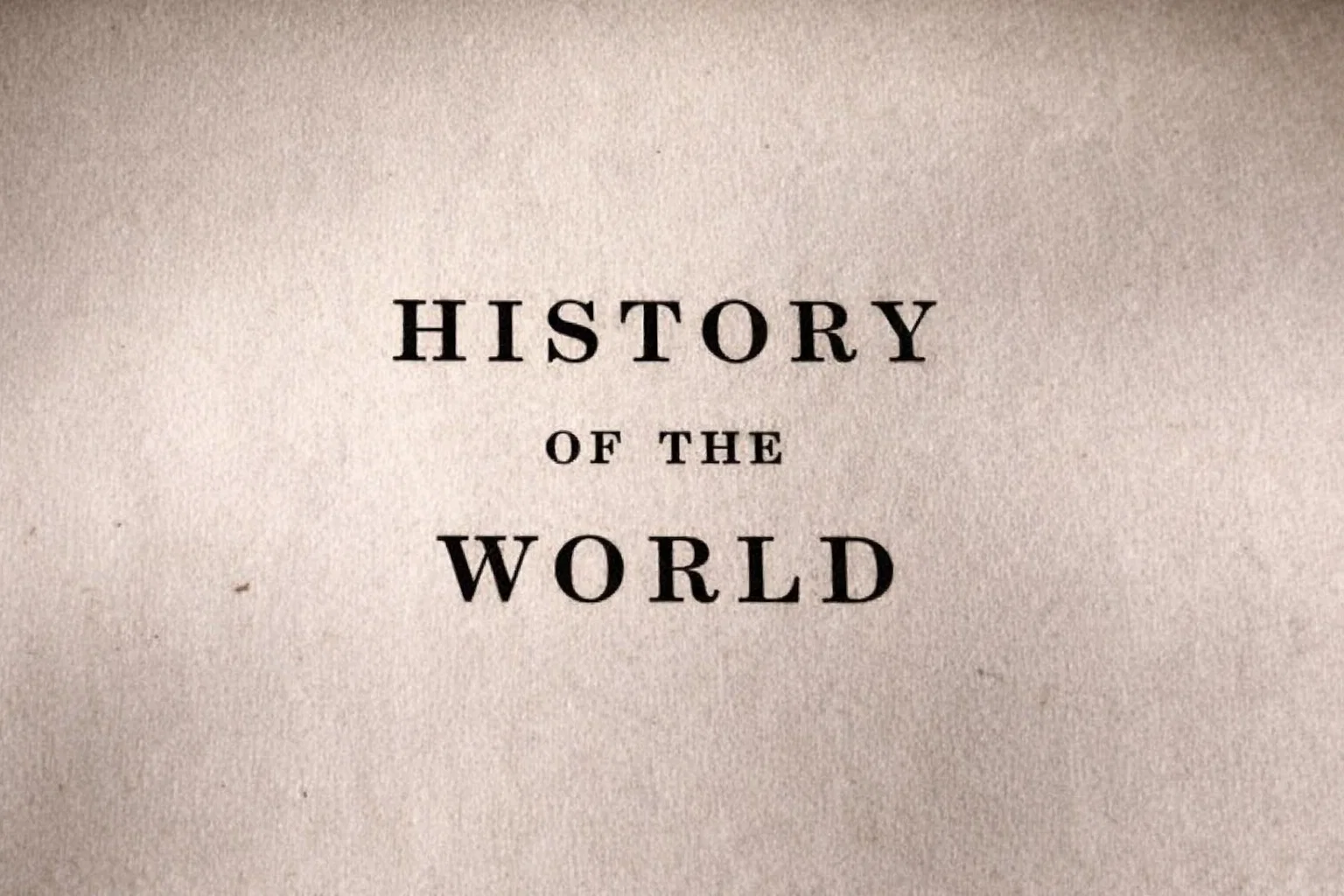History is not always a tapestry woven by human hands, but sometimes a cascade of events set in motion by forces beyond our control.
The following ten historical events, shaped by a complex interplay of social, political, and economic factors, illuminate moments when destiny seemed to take the reins.
1. The Fall of the Roman Empire (476 AD)
The once mighty Roman Empire, a colossal entity that once spanned vast territories and wielded immense power, was not felled by a single blow. Instead, its decline was a gradual process, akin to a slow-burning ember.
Economic woes, including inflation and a widening gap between rich and poor, weakened the empire from within. Overexpansion stretched its military resources thin, leaving its borders vulnerable to barbarian incursions. Political corruption and instability further eroded the empire’s foundations.
The cumulative weight of these factors, like a relentless tide, eventually overwhelmed Rome’s defenses, leading to its inevitable collapse.
2. The Black Death (1347-1351)
In an era when medical knowledge was rudimentary and hygiene practices were poor, the Black Death, a devastating plague, emerged as an unstoppable force.
Transmitted by fleas carried by rats, the disease spread rapidly along trade routes, reaching every corner of Europe.
With no understanding of the plague’s cause or effective treatments, and with crowded cities and unsanitary conditions providing fertile ground for its spread, the Black Death’s horrific toll was tragically unavoidable.
3. The American Revolution (1775-1783)
A growing sense of injustice simmered within the American colonies, fueled by taxation without representation and a yearning for self-governance.
The British Crown’s heavy-handed policies and disregard for colonial grievances further stoked the flames of discontent.
The ideological clash between a burgeoning nation seeking independence and an empire determined to maintain control made armed conflict inevitable.
4. The Industrial Revolution (1760-1840)
The seeds of the Industrial Revolution were sown in the fertile soil of technological innovation, abundant natural resources, and a burgeoning capitalist economy.
Britain, uniquely positioned with a combination of these factors, became the birthplace of a revolution that would transform the world.

The relentless pursuit of efficiency and profit, coupled with groundbreaking inventions like the steam engine, propelled a shift from manual labor to machine-based manufacturing, making the Industrial Revolution an unstoppable force.
5. The Assassination of Archduke Franz Ferdinand (1914)
While the assassination of Archduke Franz Ferdinand was the immediate trigger for World War I, the conflict’s roots ran much deeper.
Europe was a powder keg of tensions, fueled by nationalism, imperial ambitions, and a complex web of alliances.
The assassination acted as the spark that ignited this powder keg, setting in motion a catastrophic war that had been brewing for years.
6. The Russian Revolution (1917)
The Romanov dynasty, weakened by centuries of autocratic rule and the devastating impact of World War I, was on the brink of collapse.
Widespread discontent, economic hardship, and the appeal of revolutionary ideologies created a fertile ground for the Bolsheviks’ rise to power.
The overthrow of the Tsar and the establishment of a communist regime were the culmination of long-simmering social and political tensions.
7. The Great Depression (1929)
The stock market crash of 1929 was a dramatic event, but it was merely a symptom of deeper economic imbalances.
Overproduction, speculative investments, and an unequal distribution of wealth had created a fragile economic system.
The crash exposed these vulnerabilities, triggering a global economic downturn that seemed unavoidable given the underlying structural flaws.
8. The Rise of Adolf Hitler (1933)
In the aftermath of World War I, Germany was a nation burdened by defeat, economic hardship, and political instability.
The harsh terms of the Treaty of Versailles, coupled with hyperinflation and social unrest, created a breeding ground for extremist ideologies. Hitler and the Nazi Party capitalized on this discontent, promising a return to national pride and economic prosperity.
Their rise to power, while abhorrent, was tragically predictable given the prevailing conditions.
9. The Cold War (1947-1991)
The end of World War II saw the emergence of two superpowers, the United States and the Soviet Union, with fundamentally opposing ideologies.
Their rivalry, fueled by mutual distrust and a quest for global influence, inevitably escalated into a decades-long Cold War.
The geopolitical landscape of the post-war era, marked by the division of Europe and the proliferation of nuclear weapons, made this prolonged period of tension and proxy conflicts a virtual certainty.
10. The Fall of Constantinople (1453)
The Byzantine Empire, the eastern remnant of the Roman Empire, had been in decline for centuries. Internal strife, economic problems, and the relentless pressure from the Ottoman Turks gradually weakened Constantinople’s defenses.
The city’s strategic location and the Ottomans’ superior military power made its eventual conquest a foregone conclusion, marking a turning point in European and Middle Eastern history.

The echoes of these events reverberate through time, revealing that history is not merely a chain of choices but often a cascade of inevitabilities.
By discerning the complex interplay of forces that have shaped our world, we unlock not only the secrets of the past but also a profound comprehension of the present, enabling us to navigate the uncharted waters of the future with greater wisdom and foresight.
